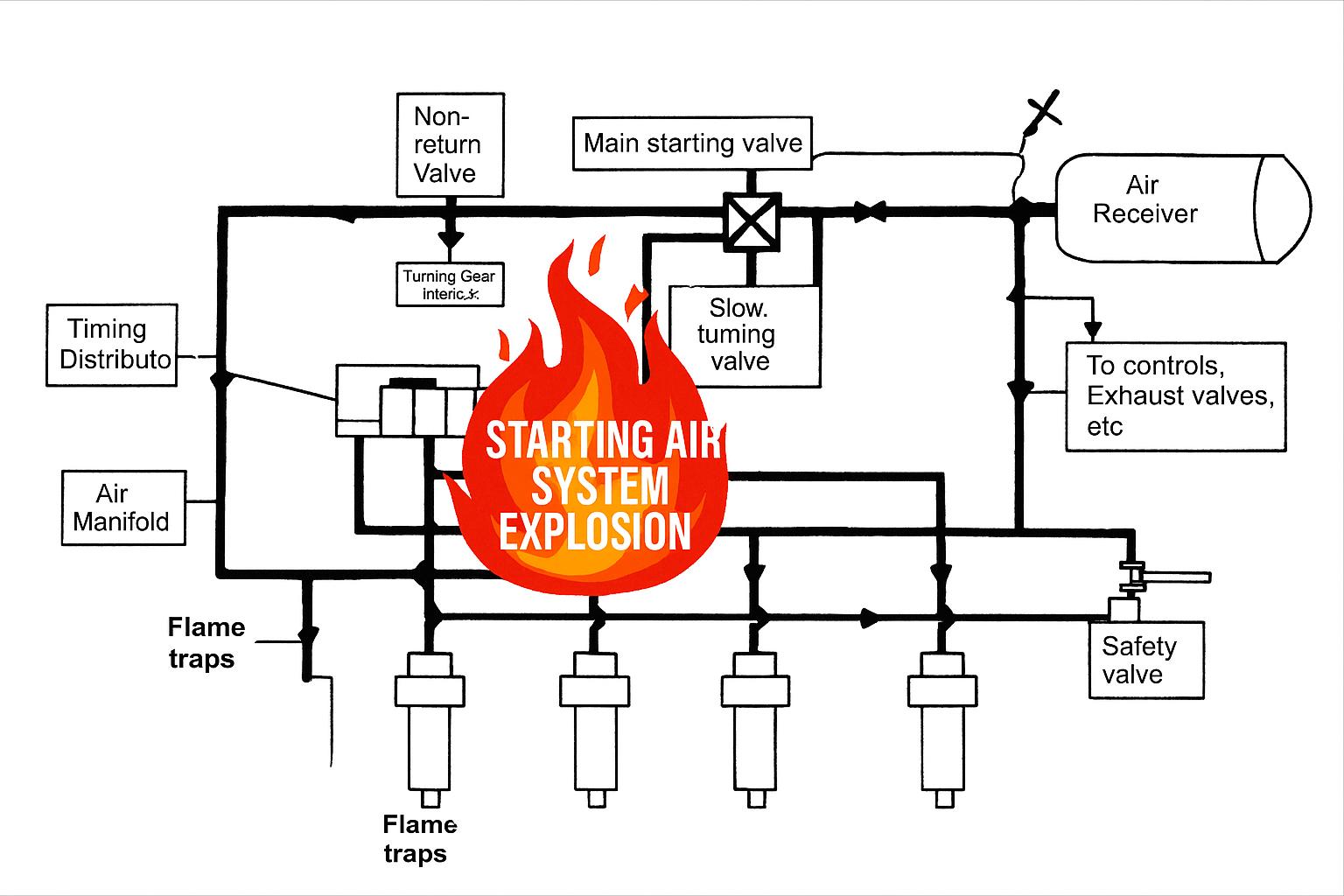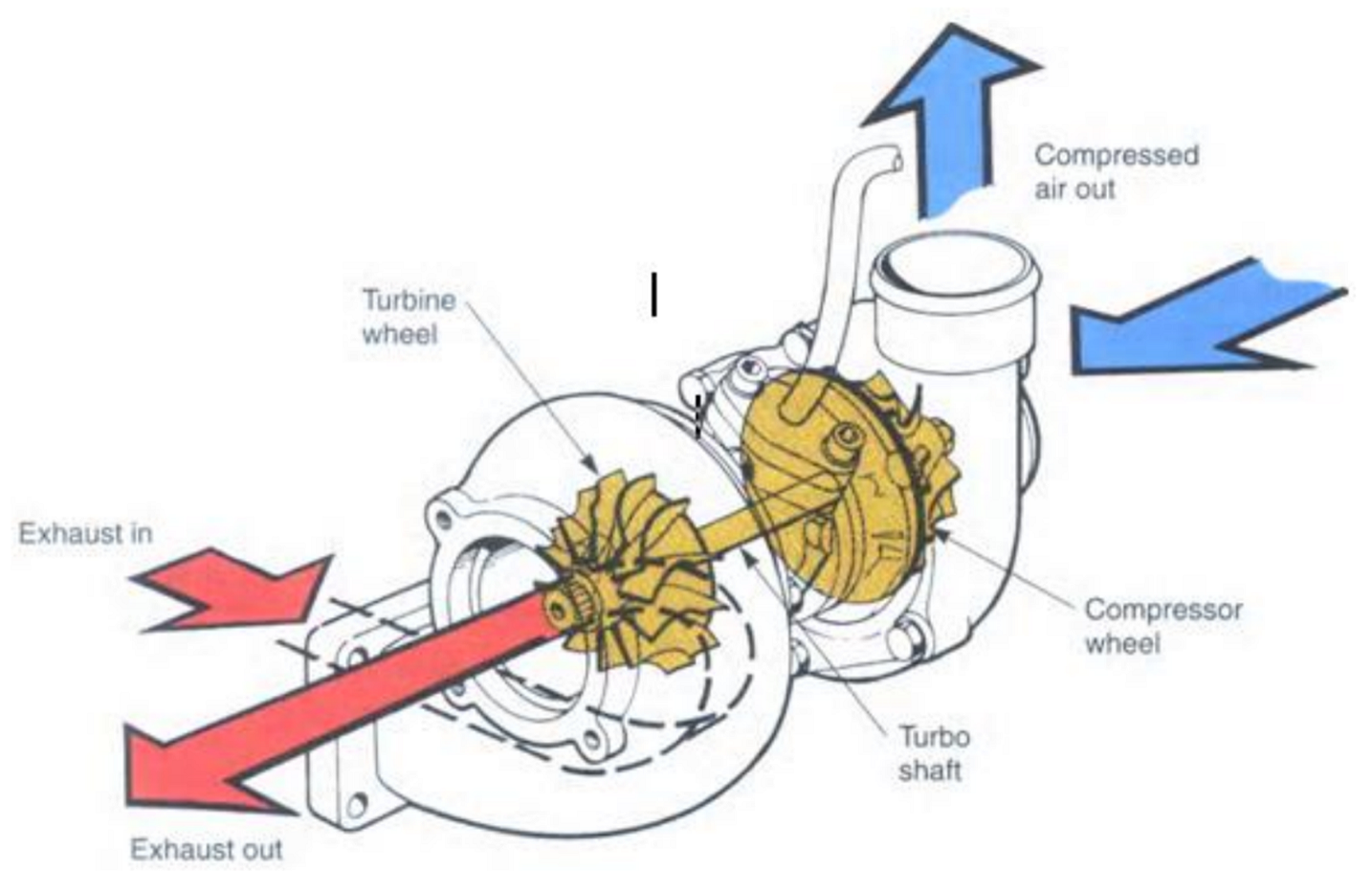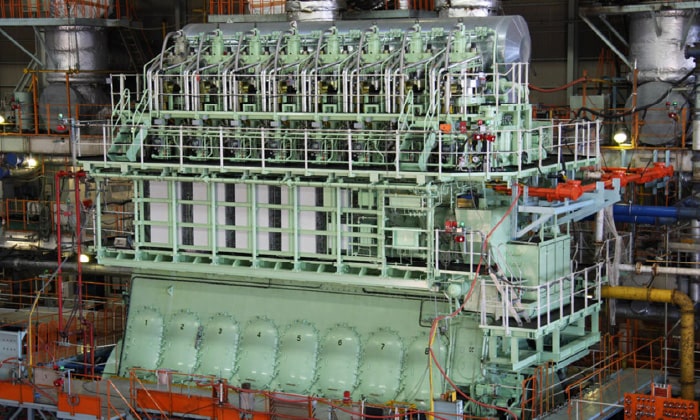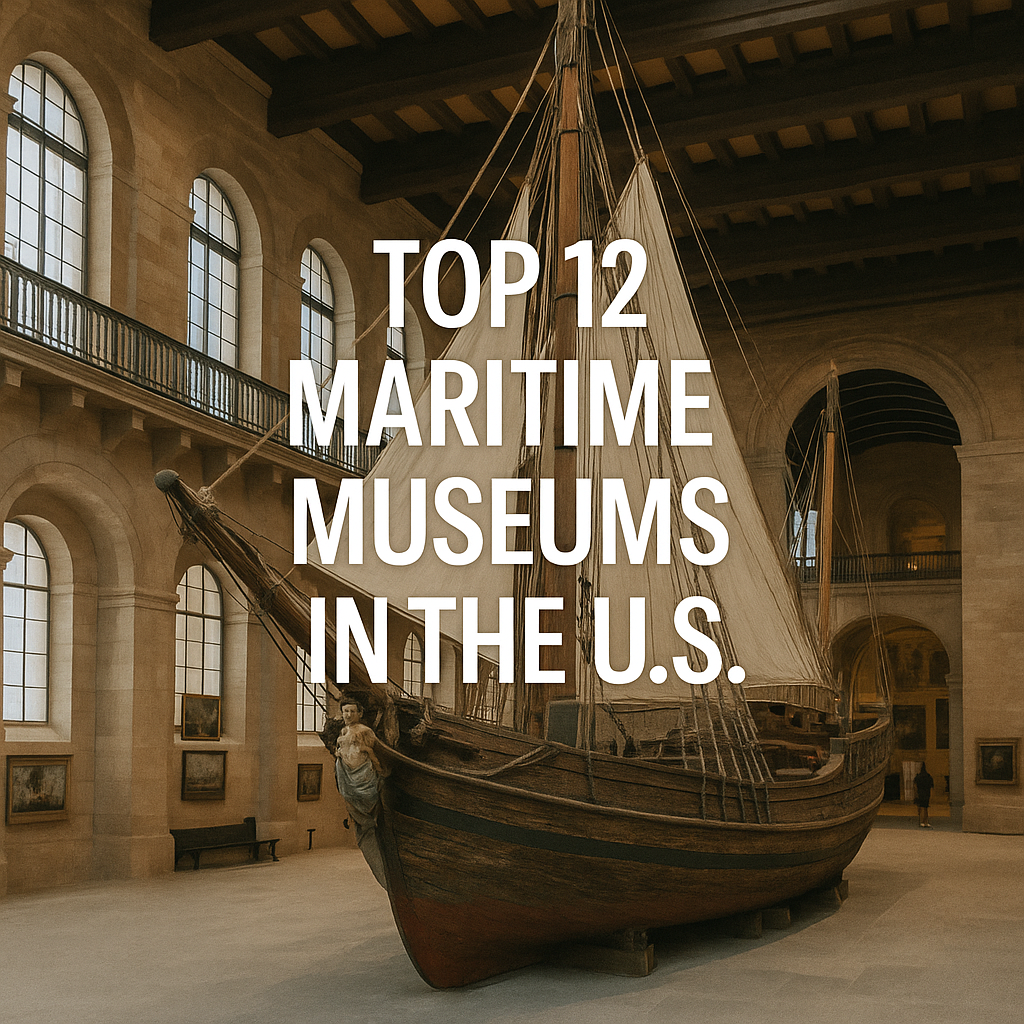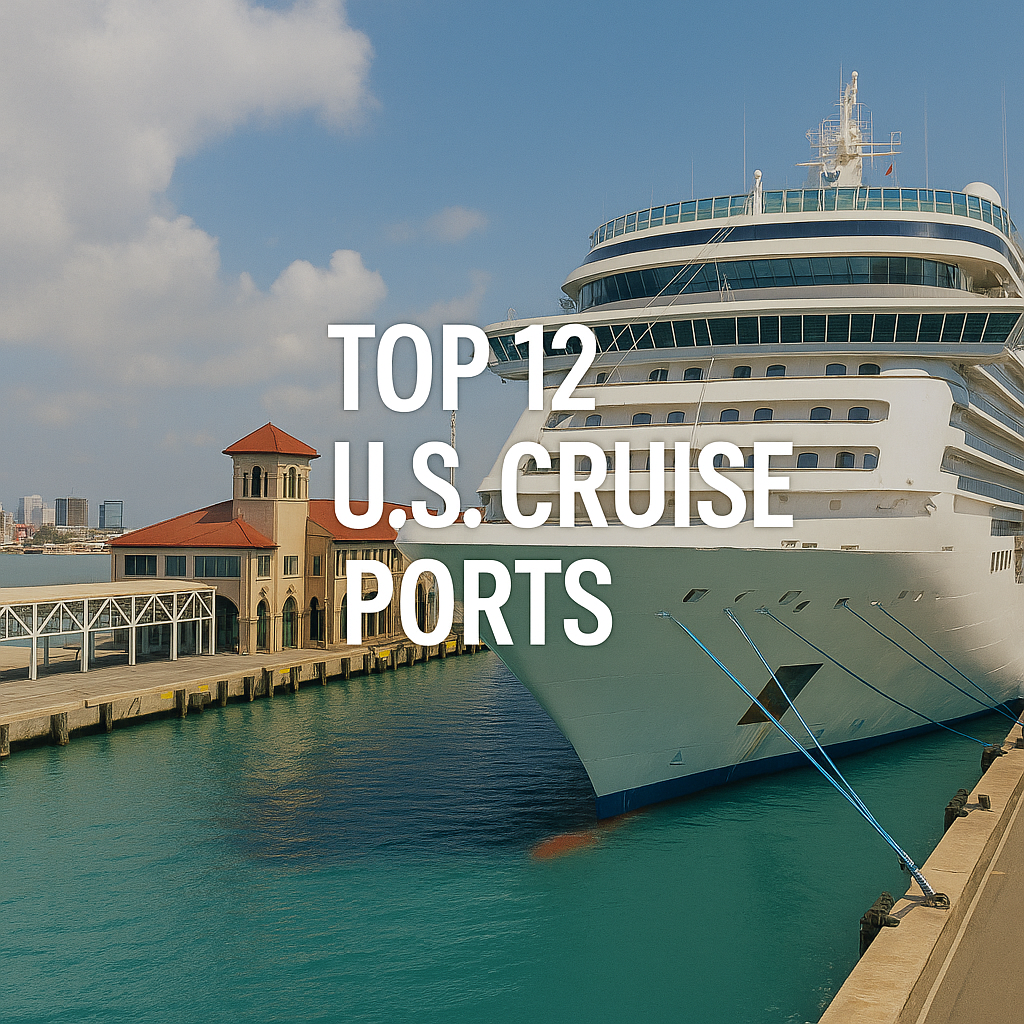How to Operate a Marine Diesel Engine Generator: Step-by-Step Guide for Safe Operations
Learn how to safely operate marine diesel engine generators with this step-by-step guide. Includes pre-start checks, air running, shutdown protocols, safety precautions, and real-world maintenance tips. Why Marine Diesel Generator […]



